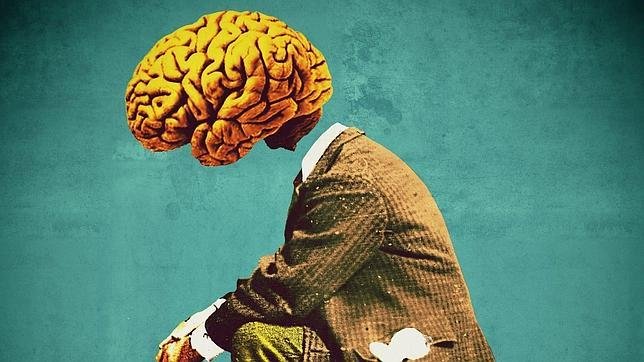This is how the brain creates lasting memories
The key to turning a permanent memory would be simpler than we thought.

Remembering information immediately after having knowledge of it may be all we need to become a permanent memory, according to the latest study carried out by the University of Sussex (United Kingdom) whose conclusion states that in our Brain activates the same area both when we are remembering something and when it becomes a long-term or lasting memory.
For their research, the experts counted on the participation of 26 volunteers to whom they put a series of short videos of about 40 seconds coming from the platform YouTube and with a narrative element (for example, a couple of neighbors spending jokes on each other). Participants watched 20 videos for which they had 40 seconds between video and video to remember the most striking details of them. Then, they were shown 6 videos over 40 seconds but no rest space between them.
Two weeks later, the participants were still able to remember a lot of details of the videos for which they had had time to remember, while the content of the other 6 videos had been almost completely forgotten.
Magnetic resonance tests during the course of the experiment revealed that the cingulate cortex was the most active area of the brain during the observation of the videos and also in the memory process. Thus, these results were repeated weeks later when the volunteers were asked to remember key details of the videos observed. The cingulate cortex was still the common factor and is that this region not only helps us remember the details of an event but also to integrate these memories into our knowledge and understanding, making them resistant to oblivion.
"We know that recent memories are susceptible to being lost. In this study we have shown that a brief period of rehearsal or rehearsal has a huge effect on our ability to remember complex real events in 1-2 week periods, "explains Chris Bird, leader of the study.
In the face of any situation that has a decisive implication, such as witnessing a crime or an accident, it would be convenient to take into account these conclusions published by The Jounal of Neuroscience magazine, since the memory of the event will improve notably if the witness remembers in his head the sequence of events as soon as possible after the achievement of the same.